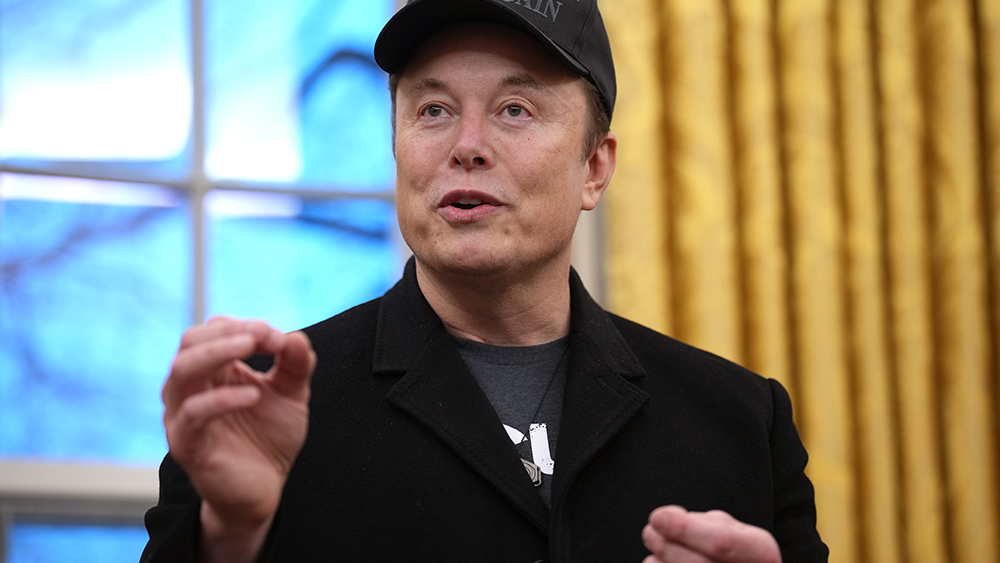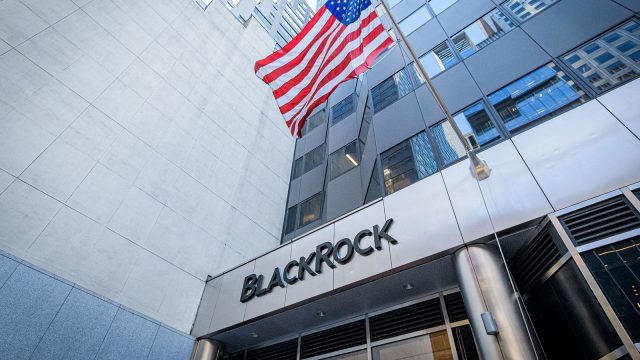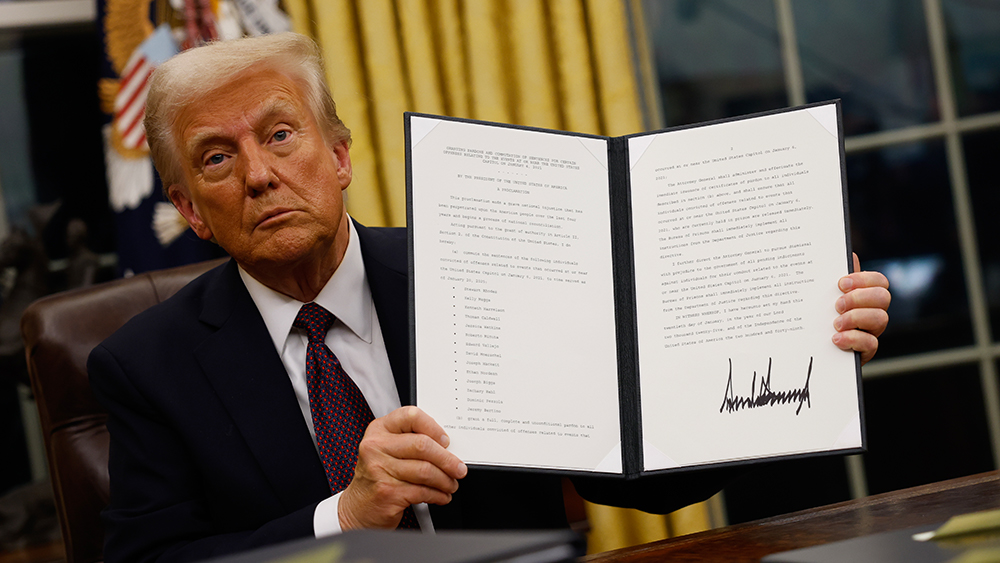 Parler
Parler Gab
Gab
- Elon Musk directed federal employees to list five weekly accomplishments or face termination, sparking widespread controversy and pushback from agencies.
- Agency leaders, including the FBI and Pentagon, advised employees to ignore the directive due to national security and privacy concerns.
- HHS Secretary RFK Jr. reversed his initial stance, ordering compliance, but some divisions like the NIH resisted.
- Musk announced a "second chance" for non-respondents, with President Trump endorsing the approach while acknowledging exceptions for sensitive agencies.
- The directive is part of a broader effort to reduce the federal workforce by 10%, already resulting in over 20,000 terminations.
RFK Jr.’s reversal adds to the confusion
Health and Human Services (HHS) Secretary Robert F. Kennedy Jr. initially instructed his staff not to respond, citing the sensitivity of ongoing initiatives. But by Monday, RFK Jr. reversed course, ordering HHS employees to comply with Musk’s demand. “This is a legitimate email. Please read and respond per the instructions by Monday, February 24, 11:59 p.m. ET,” read an internal HHS email. Despite RFK Jr.’s directive, some HHS divisions, including the National Institutes of Health (NIH), resisted. Acting NIH Director Matthew Memoli advised staff to hold off on responding until further guidance was provided. The Trump administration’s response to the controversy has been equally inconsistent. While the Office of Personnel Management initially told agencies that employees could ignore the email, Musk later announced on X that non-respondents would be given a “second chance” to comply. “Subject to the discretion of the president, they will be given another chance. Failure to respond a second time will result in termination,” Musk wrote. President Trump, for his part, seemed to endorse Musk’s approach, calling it “ingenious” but acknowledging that some agencies, like the FBI and State Department, needed to protect sensitive information. “If you don’t answer, like, you’re sort of semi-fired or you're fired,” Trump told reporters in the Oval Office.A broader push to downsize government
Musk’s email is part of a broader effort to reduce the federal workforce by as much as 10%, a goal that has already led to the termination of over 20,000 probationary employees. Elon Musk’s email ultimatum has become a flashpoint in the Trump administration’s efforts to overhaul the federal government. While some see it as a bold step toward accountability, others view it as a heavy-handed and poorly executed maneuver that has sown confusion and resentment among federal workers. As agencies try to deal with conflicting guidance and employees brace for potential layoffs, the fallout from Musk’s directive underscores the challenges of reshaping a sprawling bureaucracy—and the human cost of doing so. Sources for this article include: JustTheNews.com Reuters.com NBCNews.comBlackRock secures control of Panama Canal ports, curtailing Chinese influence
By Cassie B. // Share
Arab leaders back Egyptian plan to rebuild Gaza, reject Trump’s displacement proposal
By Cassie B. // Share
The global revolt against green tyranny: How populist leaders are reclaiming energy freedom
By Willow Tohi // Share
Trump imposes tariffs on Mexico, Canada, and China to combat fentanyl crisis
By Cassie B. // Share
Governments continue to obscure COVID-19 vaccine data amid rising concerns over excess deaths
By patricklewis // Share
Tech giant Microsoft backs EXTINCTION with its support of carbon capture programs
By ramontomeydw // Share
Germany to resume arms exports to Israel despite repeated ceasefire violations
By isabelle // Share










